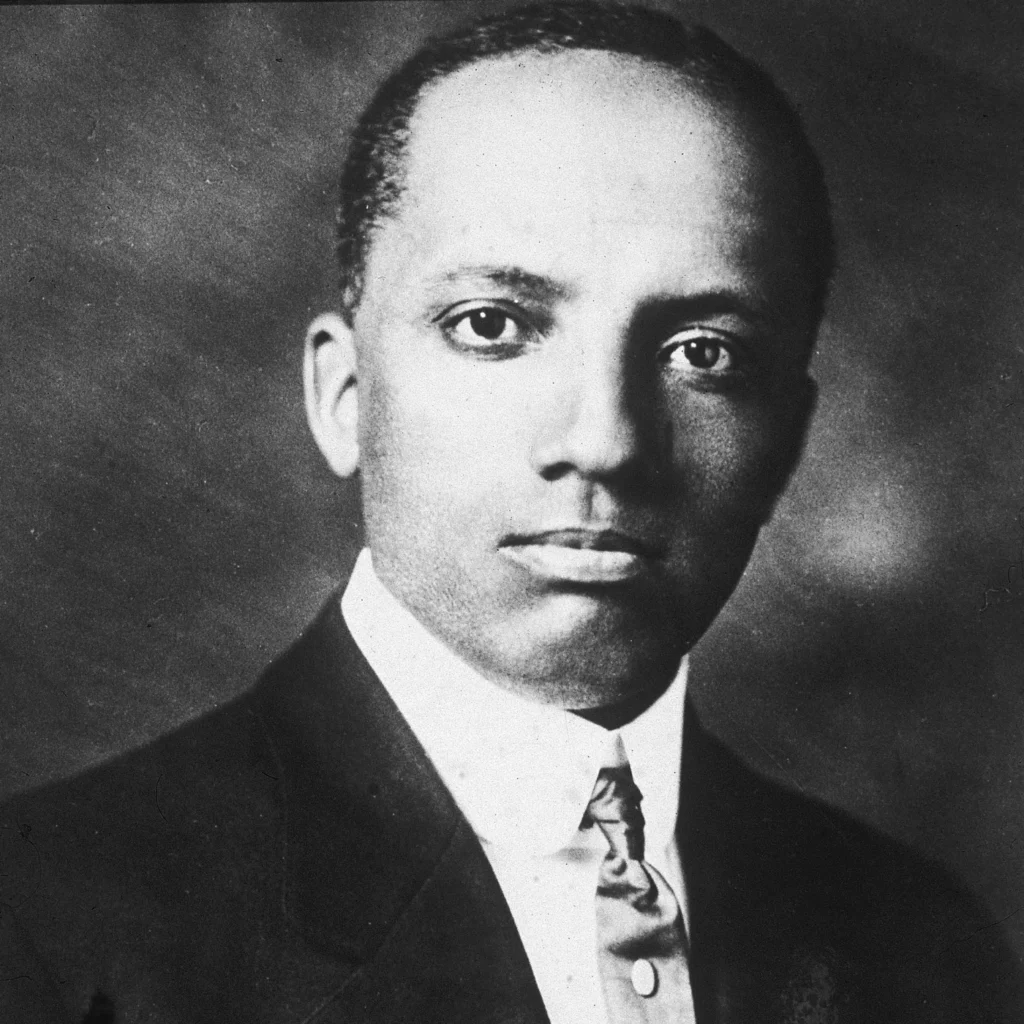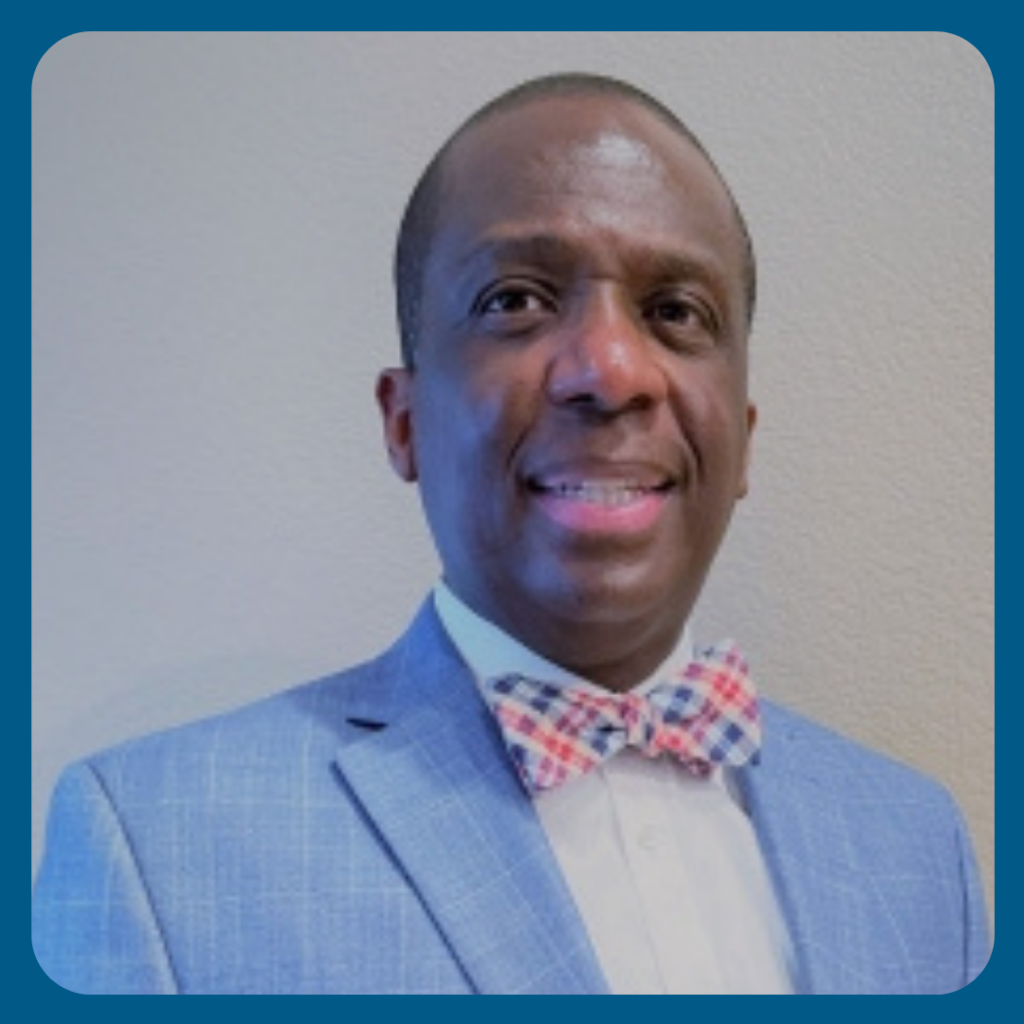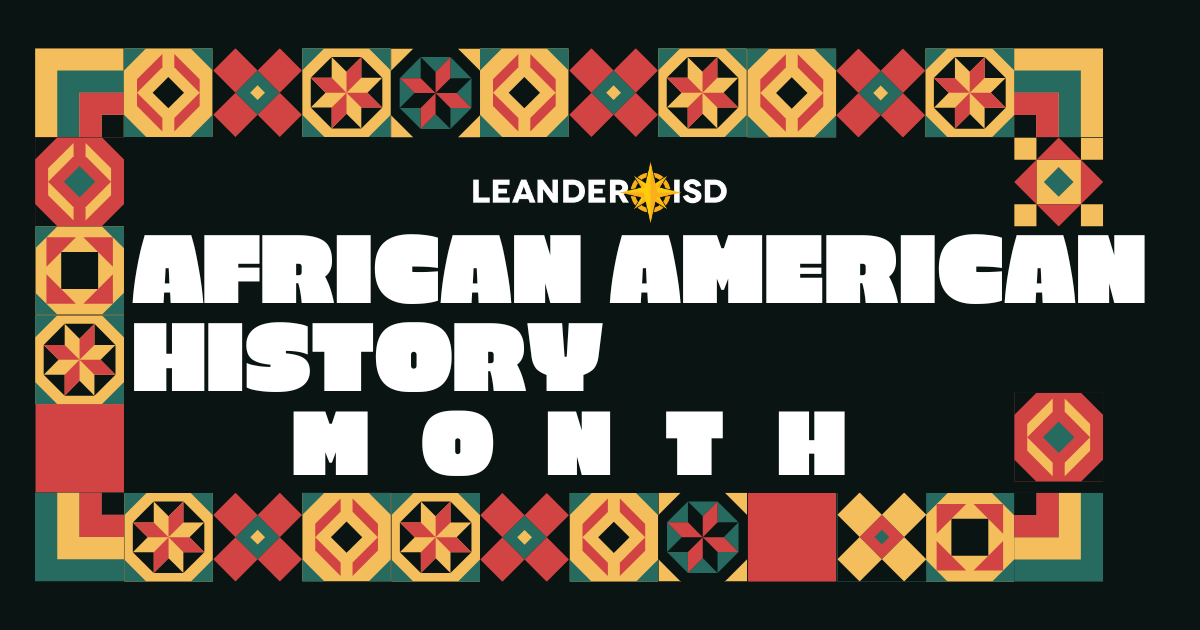
Those who have no record of what their forebears have accomplished lose the inspiration which comes from the teaching of biography and history.
-Carter G. Woodson
These are the words of the father of African American History, Carter G. Woodson, and they aptly explain the need for all people to know their history. When I look back over my life, I have often thought about how my choices and the way I saw myself would have been different had I been exposed to the history of African Americans earlier. How my feelings of insecurity, impostership, and thinking that I was inadequate would have been episodic and not serial. How my time in high school would have been more productive and less driven by what I thought it was to be a young black man in this nation. As we observe African American History Month, I would like to share its impact on me.
Being a teenager in the 1980s presented some unique challenges. I grew up in a very segregated city in the Midwest, and what I knew about African American History was confined to the following: we were slaves, Dr. King had a Dream, and then we got Oprah and Michael Jordan. I was not aware of everything that came before these individuals or what was intertwined. I was also unaware of how my limited knowledge of African American History was shaping how I saw myself and my place in society. I thought that being black was one-dimensional and confined to popular stereotypical images – athlete, entertainer, or criminal. I did not know of the contributions of black people such as Eva Dykes, Ernest Just, and Ralph Bunche. There was so much that I did not know which led me to see high school as a place for athletic prowess and cool points. This directly impacted my performance in school as I, like many, thought that doing well in school meant that you were acting white. Little did I know how inaccurate and self-sabotaging that belief was.


As I learned more about African American History in college and during my teaching tenure, I learned about the many contributions of African Americans to our nation. Contributions such as those made by John S. Rock, Charles Hamilton Houston, and Constance Baker Motley in the field of law just to name a few. Knowing that African Americans had distinguished themselves in every profession earlier in my life would have opened my eyes to more of what I could have been as opposed to what I thought I had to be. It is also worth mentioning that this newfound knowledge at times left me feeling disoriented and confused in my early to mid-twenties. I started thinking about how my life would have been different with this knowledge. Years later while teaching African American History at the high school level, one of my students asked a question that still haunts me, he said Mr. Street, how come we didn’t know these things earlier? It would have made a difference. In his words, I heard my own voice years earlier.
The changes that I have experienced since learning about, teaching, and becoming an expert in African American history have been profound. I am humbled that I was selected by destiny to go on this journey of discovery which has allowed me to grow in ways that would have been unimaginable otherwise. My life has taken on a sense of direction and purpose which cannot be altered by ideology or slogans for I am truly free of these things. In addition, I have grown more secure not only as an African American, but as an American, for I know that each step that our nation took to become a great nation, African Americans were there stride for stride. From the first black newspaper – Freedom’s Journal published in 1827, to David Walker’s Appeal in 1831, to Ebony and Jet magazines strewn across family coffee tables when I was a kid. African American History has always been there.

Leander ISD Chief of Diversity, Equity, and Inclusion DeWayne Street contributed to this article. For more information on the district’s DEI initiatives, please visit www.leanderisd.org/equitydiversityinclusion.



